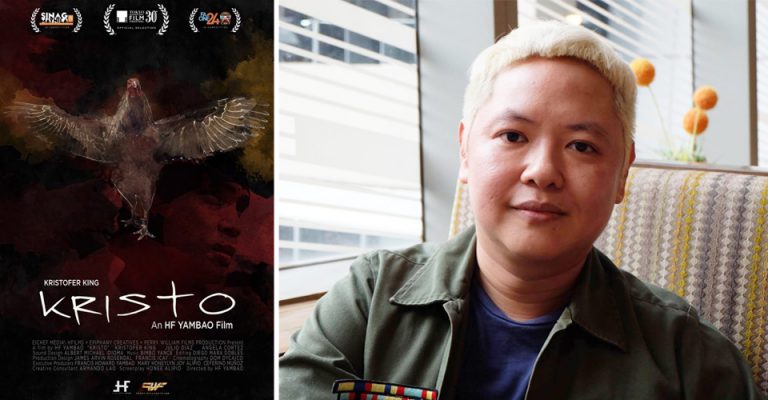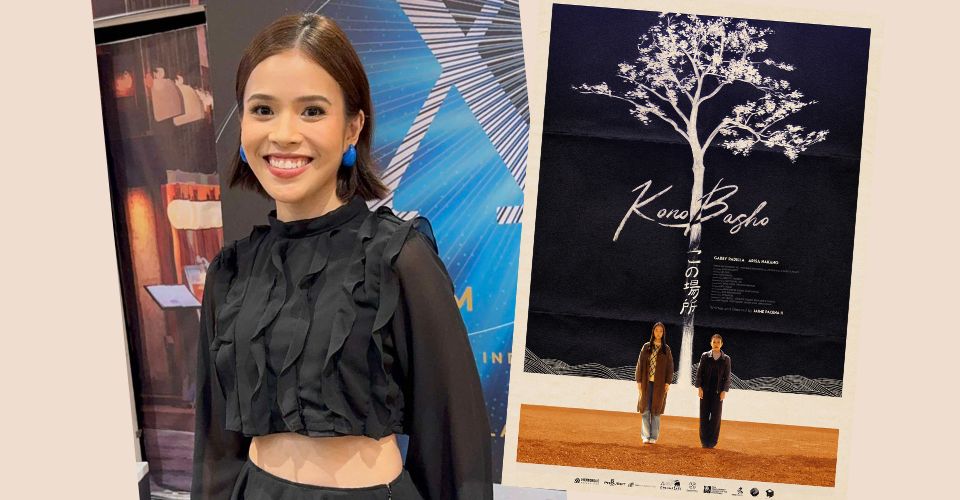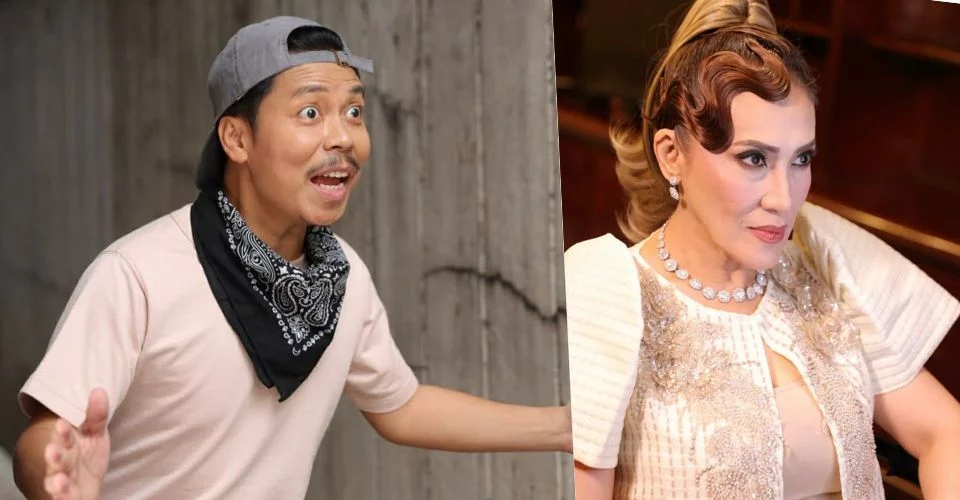Much like the Japanese art of kintsugi, where broken pottery is repaired with gold, highlighting the beauty in imperfection, “Kono Basho (This Place)” weaves a story of mending fractured relationships and finding strength in shared vulnerability.
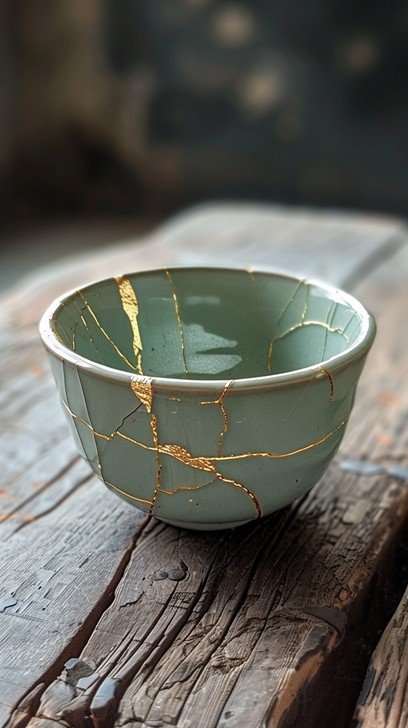
A similar broken but restored cup was spotted in the film a few times and it was an unspoken yet impactful symbol of what the movie was all about.
Kono Basho narrates the tale of two estranged half-sisters, Ella (Gabby Padilla) and Reina (Arisa Nakano), who find themselves reuniting at their father’s funeral in the tsunami-stricken town of Rikuzentakata. Their reunion sets the stage for a profound journey of healing and reconciliation. Ella, a 28-year-old Filipina anthropologist, grapples with the cultural and emotional complexities of her father’s second family, particularly her half-sister Reina, who was raised in Japan. Amidst the intricate layers of their relationship, both women navigate their differing perceptions of their shared father, seeking solace and connection in their shared loss.
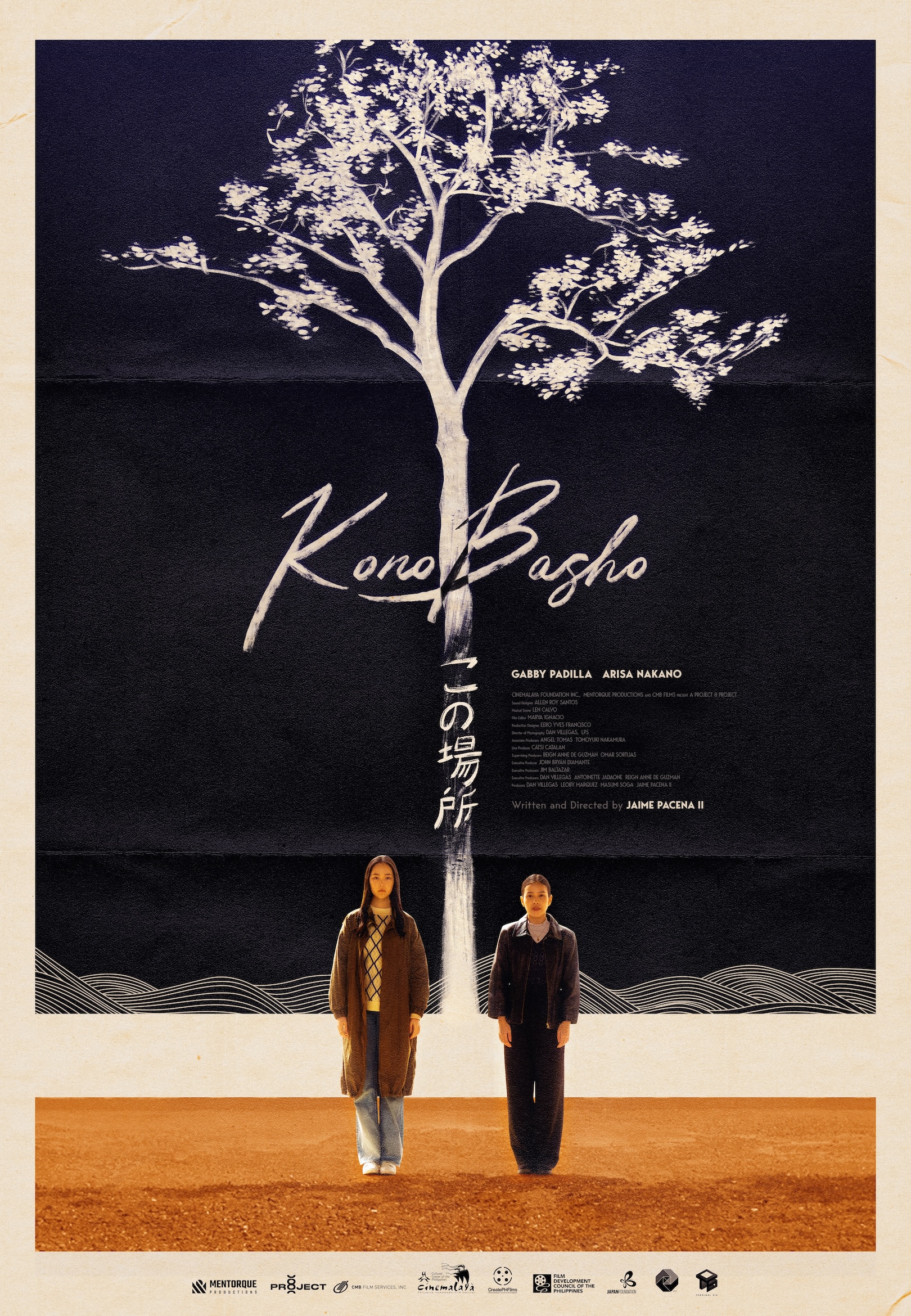
Self-discovery for the two sisters intertwines with the healing of Rikuzentakata, a city profoundly impacted by the 2011 earthquake and tsunami. Hand in hand, Ella and Reina confront their unresolved traumas and learn to carry their heavy anchors amidst the waves, steering their boat through rough family tides. Their journey culminates in a transformative shift in their relationship, forever altering their understanding of each other and themselves.
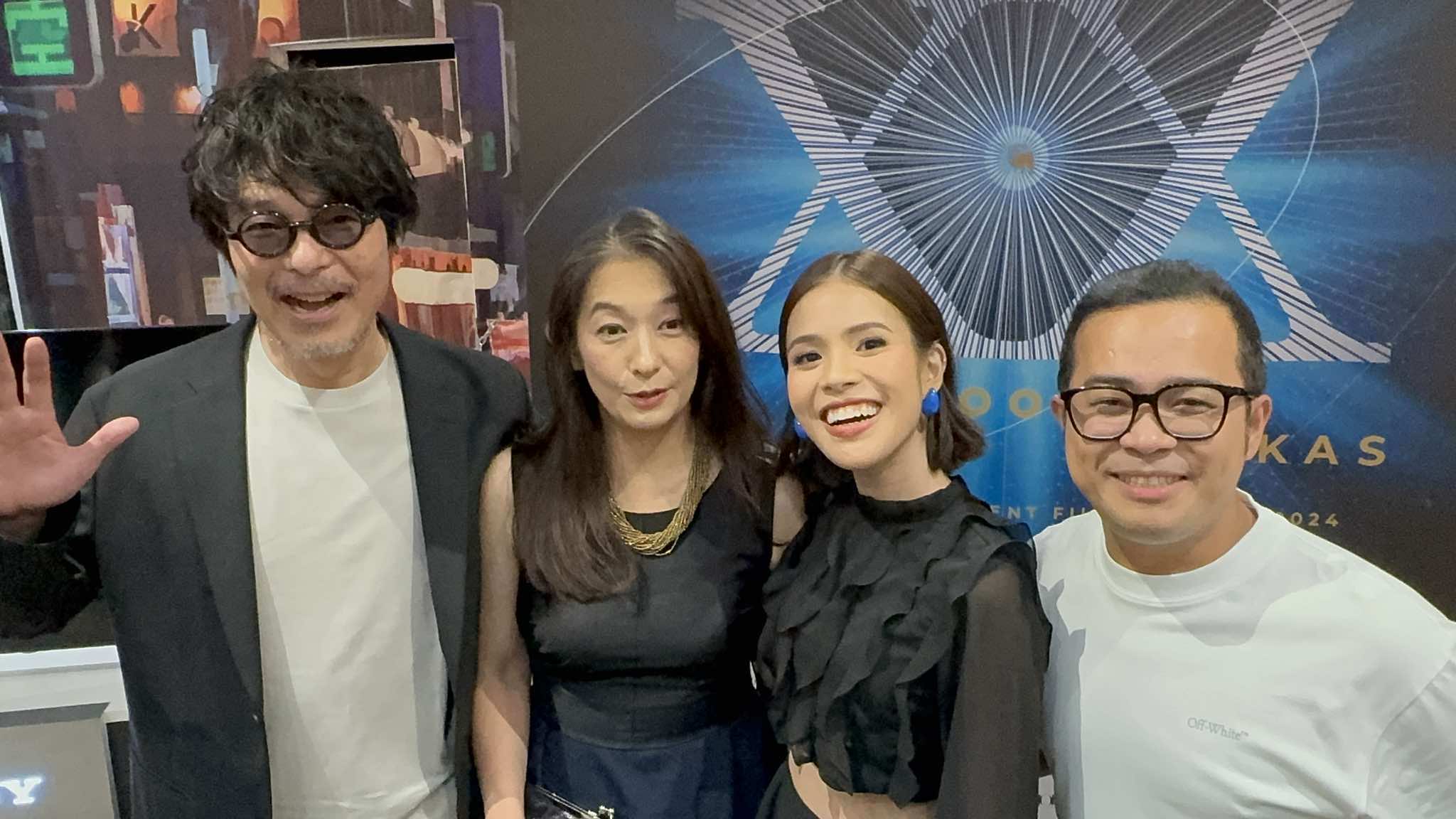
Gabby Padilla with fellow cast members at the Kono Basho screening on August 6 | Also with her was Bryan Dy, Executive Producer under Mentorque Productions. Dy shared what compelled him to bring this story to life: “What drew me to Kono Basho was the powerful story the director embodies hope in the face of adversity. Witnessing the rebuilding efforts of Rikuzentakata and the community’s unwavering spirit is incredibly inspiring. I want audiences to feel the warmth and solace that “Kono Basho” offers.”
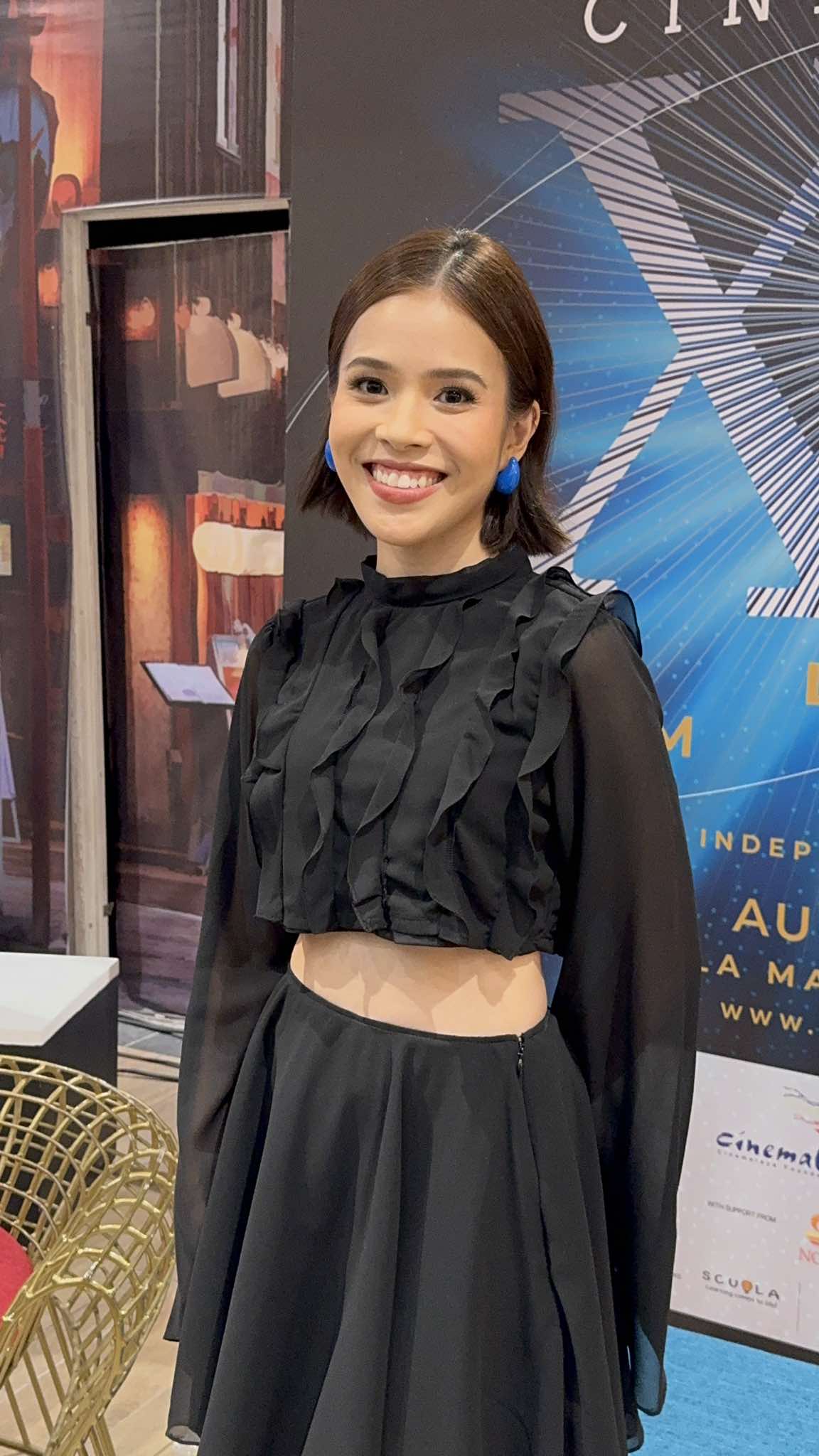
Gabby Padilla at the Kono Basho screening at Ayala Malls Manila Bay
The casting was on point. Gabby Padilla, finally stepping into a leading role, shines. With emotional depth, she has the gift of clearly delivering lines both in English and Filipino. Her portrayal is both nuanced and powerful, capturing the essence of Ella’s internal struggles. Arisa Nakano’s subtle yet effective performance as Reina draws the audience into her world and own struggles, evoking a range of emotions with minimal dialogue.
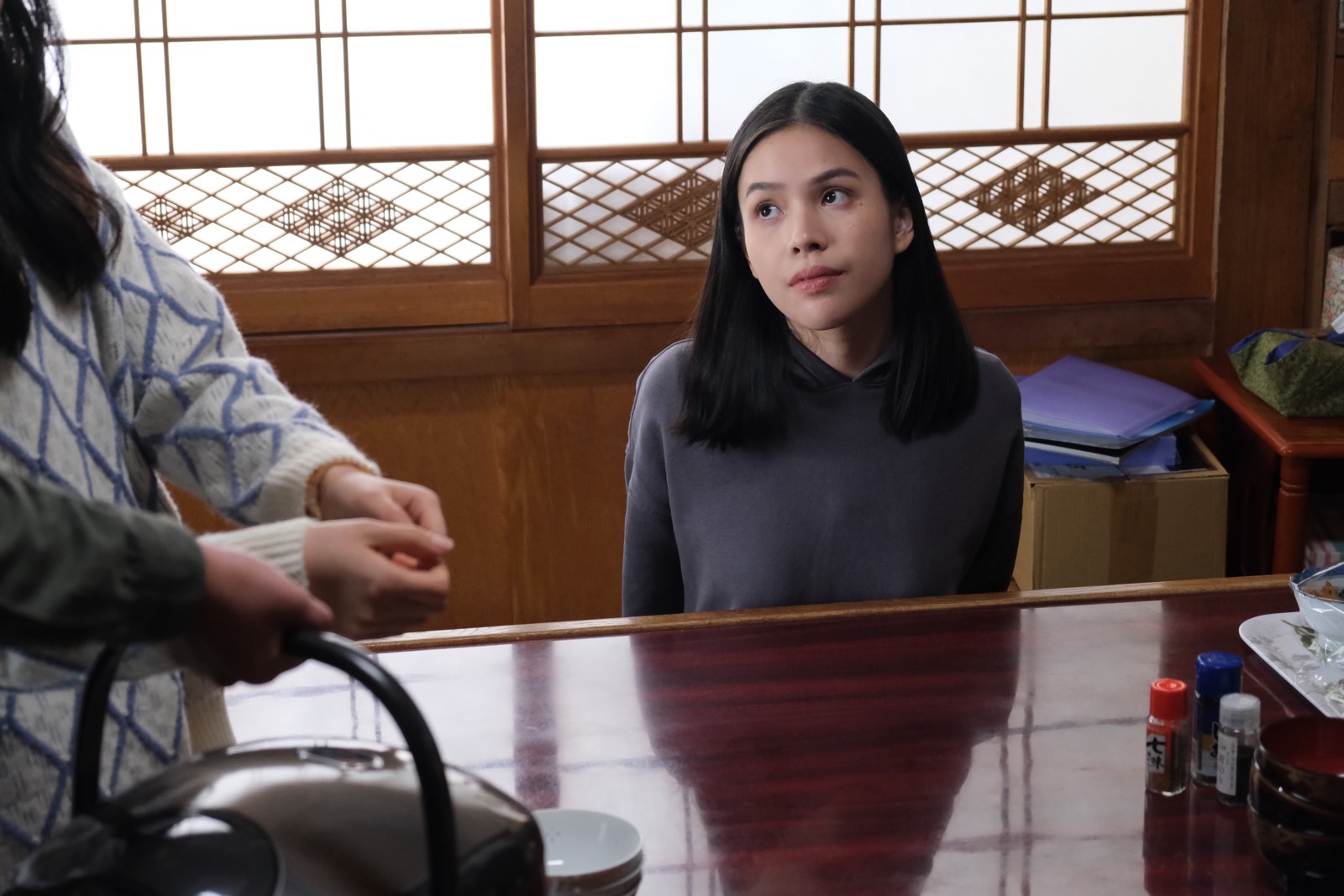
Gabby Padilla
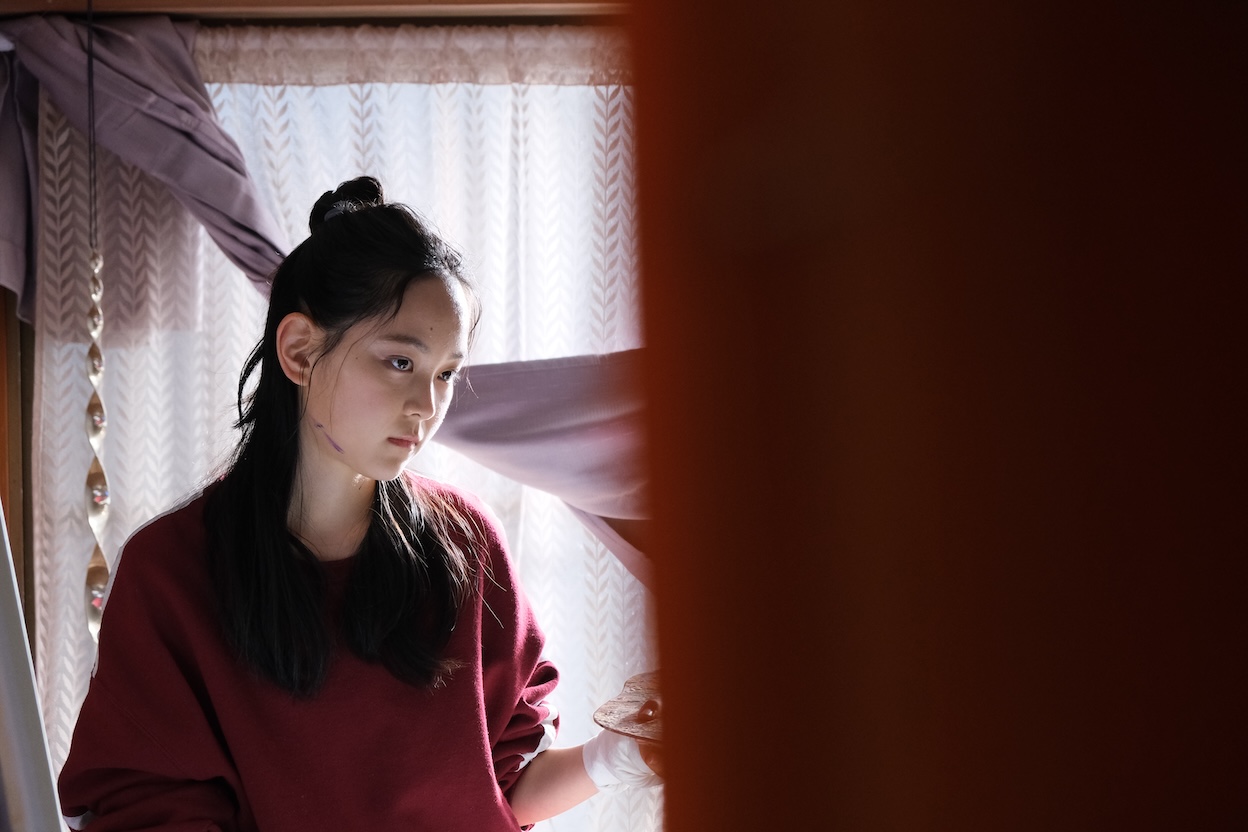
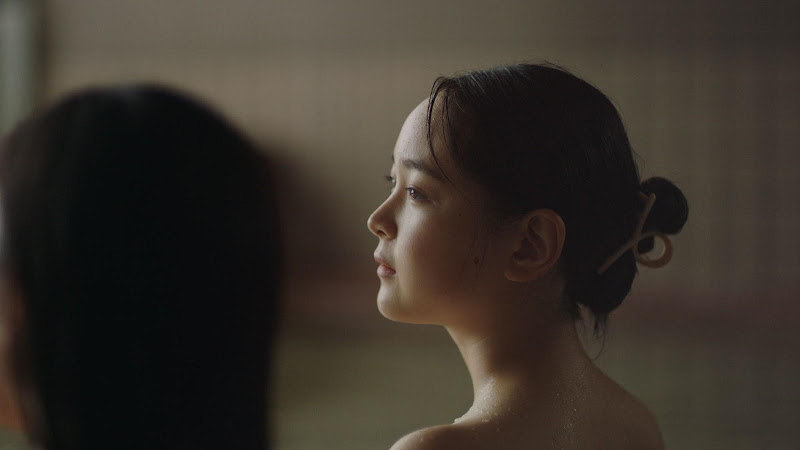
Arisa Nakano
Cinematography and visuals are breathtaking. Each frame is postcard-worthy, capturing the serene beauty of Rikuzentakata and mirroring the internal landscapes of the characters. The film’s storytelling is a visual feast.
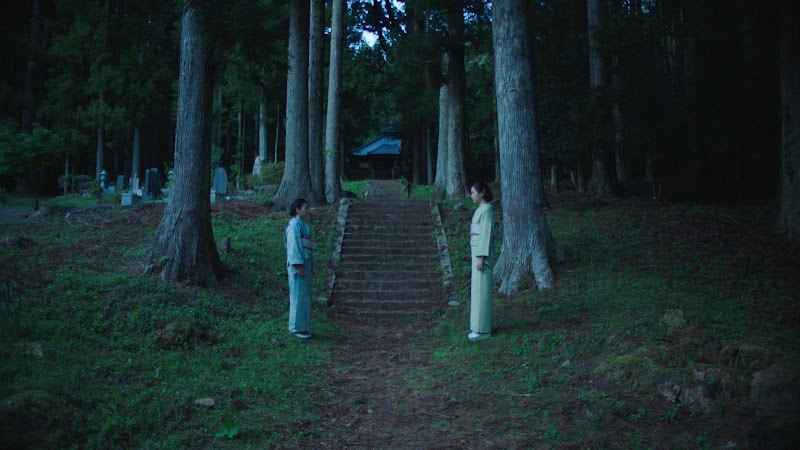
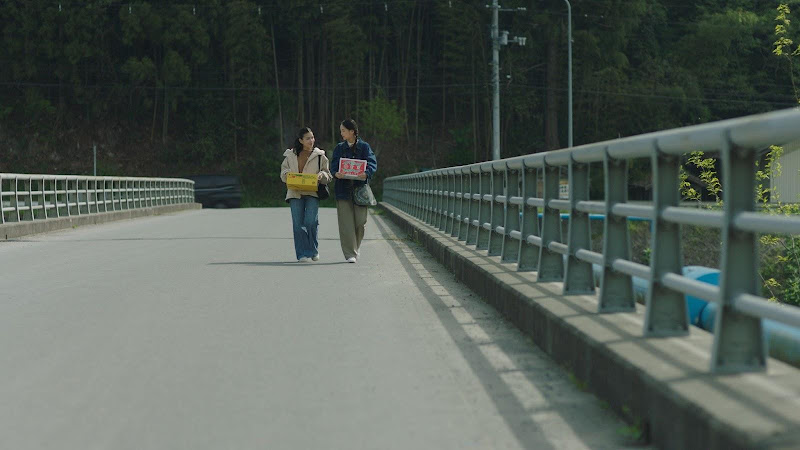
The musical score is carefully and effectively placed, enhancing the emotional resonance of key scenes without overpowering the narrative. The music serves as a subtle undercurrent, guiding the audience through the sisters’ emotional journey.
The film’s pacing is a surprising mix of slow and quick, tense and relaxing. It masterfully immerses the viewer in the characters’ reality, allowing for quiet moments of reflection and sudden bursts of emotional intensity. I found myself tearing up in scenes that I will deliberately not describe to preserve the experience for others. A scene reminded me of a heartwarming TV commercial that became popular back in the day.
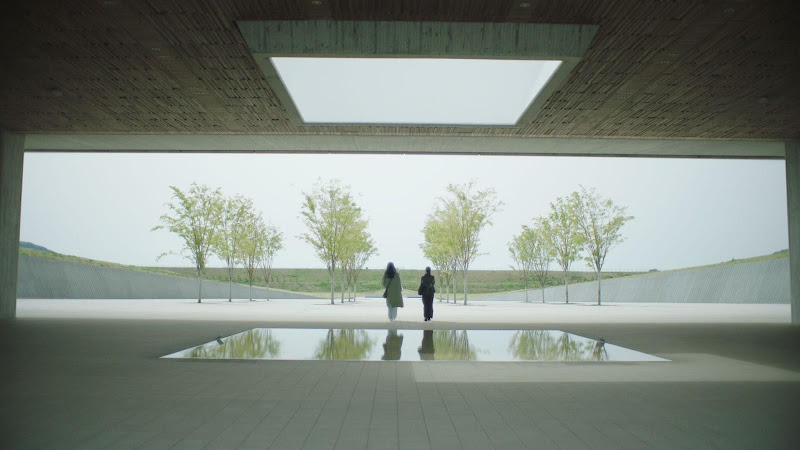
The movie is a personal tale crafted by visual artist, curator, teacher turned filmmaker and director Jaime Pacena II. His inspiration stems from the time he spent in Japan researching and immersing himself in Rikuzentakata, a city devastated by the 2011 Tsunami. Pacena artistically reflects on his thirteen years’ worth of archival photographs and videos as remnants and memories, a key theme that permeates the entire movie.
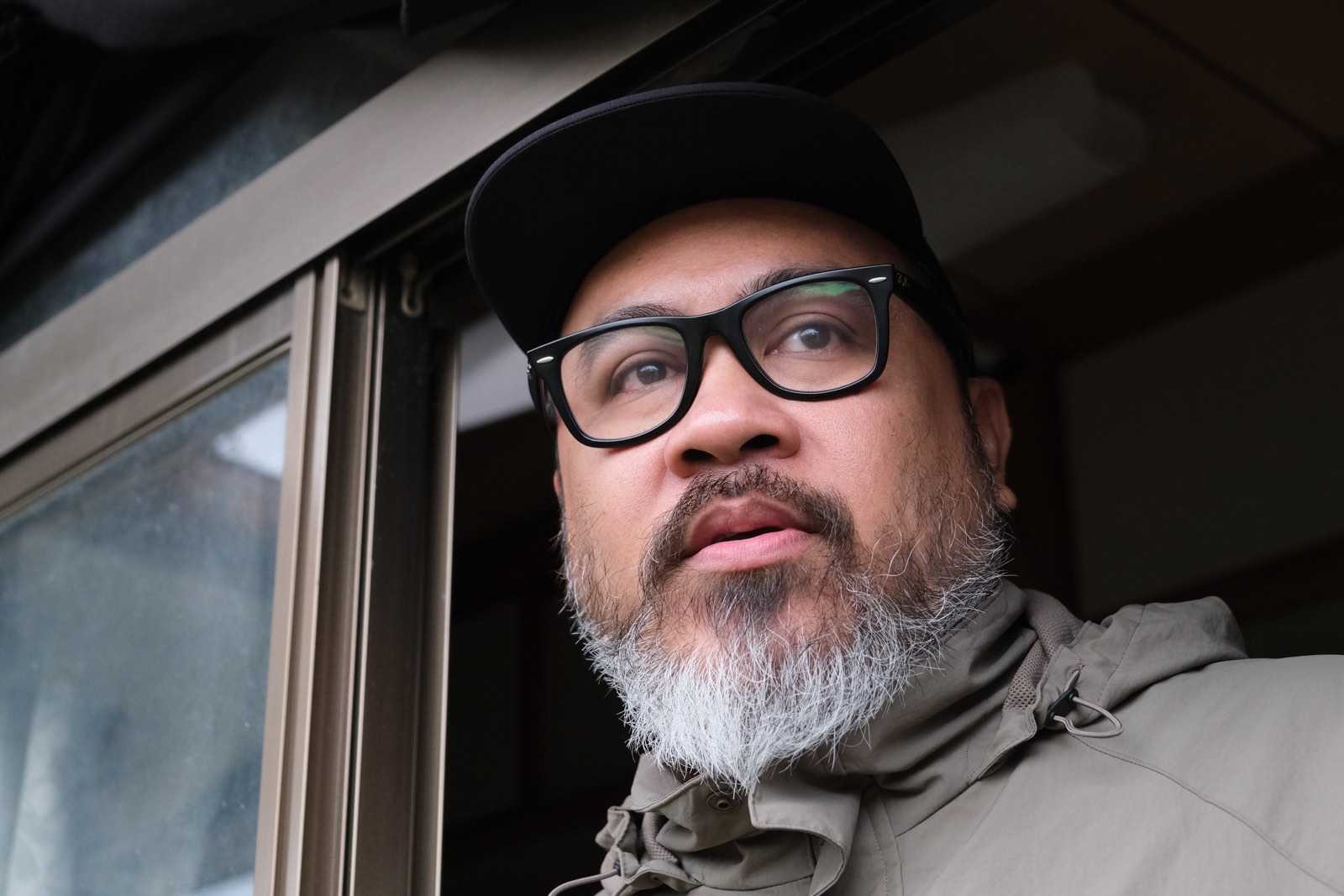
Director Jaime Pacena II
“Seeing Rikuzentakata rebuild and reform after the disaster for several years is what drew me in writing Kono Basho. The hope amidst loss and pain is such an inspiration,” Pacena shared.
“Kono Basho (This Place),” produced by Project 8 Projects and Mentorque Productions, is a heartwarming (and heart-tugging) reminder that healing, like kintsugi, is a process of embracing brokenness and finding beauty in the cracks.



